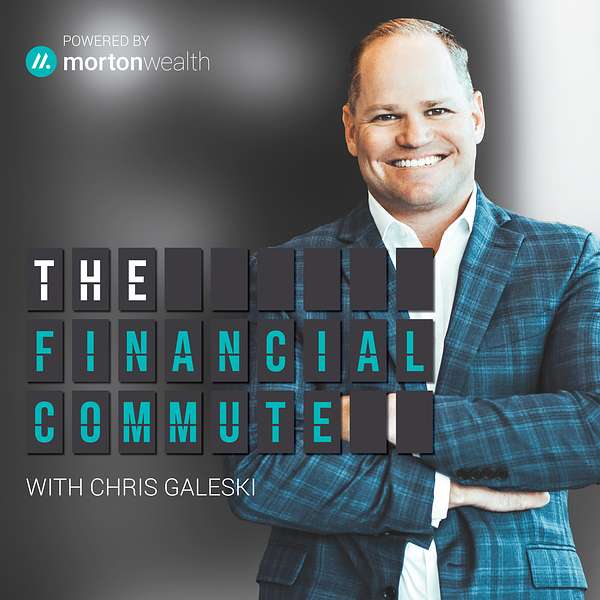
THE FINANCIAL COMMUTE
Hosted by Wealth Advisor Chris Galeski, THE FINANCIAL COMMUTE is a weekly podcast that gives the rundown on what's going on in the current market, how it affects you, and what you can do about it – all designed to fit into your commute. Each week Chris welcomes an expert guest, including Morton Wealth advisors, fund managers, and investment analysts, to break down complex financial topics. Our goal for this podcast is to provide you with the tools to help you navigate this challenging environment, leading to a path of more confident investing.
THE FINANCIAL COMMUTE
Should You Own or Lease Your Car?
On this week's episode of THE FINANCIAL COMMUTE, host Chris Galeski and Wealth Advisor Patrice Bening discuss buying vs. leasing cars. Which is better?
Here are some key takeaways from their conversation:
- While leasing typically offers lower monthly payments, it can become an ongoing expense with no ownership benefit.
- Leases usually have mileage restrictions, and exceeding them results in costly penalties.
- Buying a car means dealing with depreciation, but owners can build equity and eventually sell the vehicle.
- Buyers should negotiate the total price, not just the monthly payment, to avoid unfavorable terms.
- Leasing requires higher insurance coverage, and gap insurance is crucial to cover negative equity in case of an accident.
- While leasing may seem cheaper in the short term, long-term car ownership typically saves money for those who keep cars for many years.
- Purchasing a two-year-old car with low mileage is often a cost-effective alternative to buying new.
- Changing life circumstances can influence these decisions. For example, when it came time for Patrice's teenage son to drive, she thought buying an older car would make their insurance cheaper; however, it was more expensive because old cars are more prone to breaking down. She says it is probably a better idea to buy a used car that is only a couple of years old for a new driver.
- Many dealerships push leasing with attractive deals, but it's important to evaluate if it truly makes financial sense in the long run.